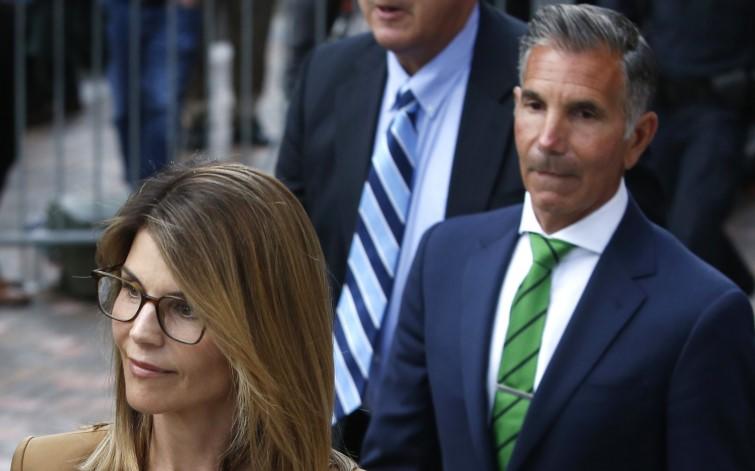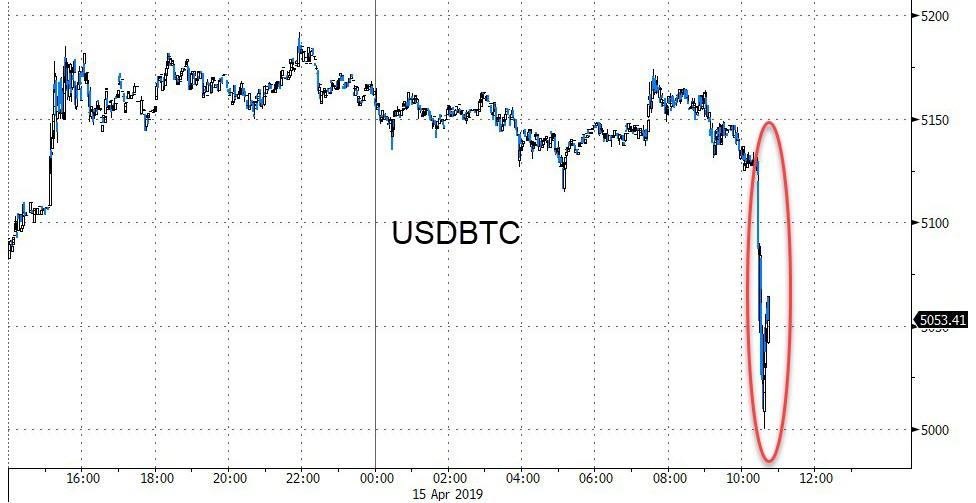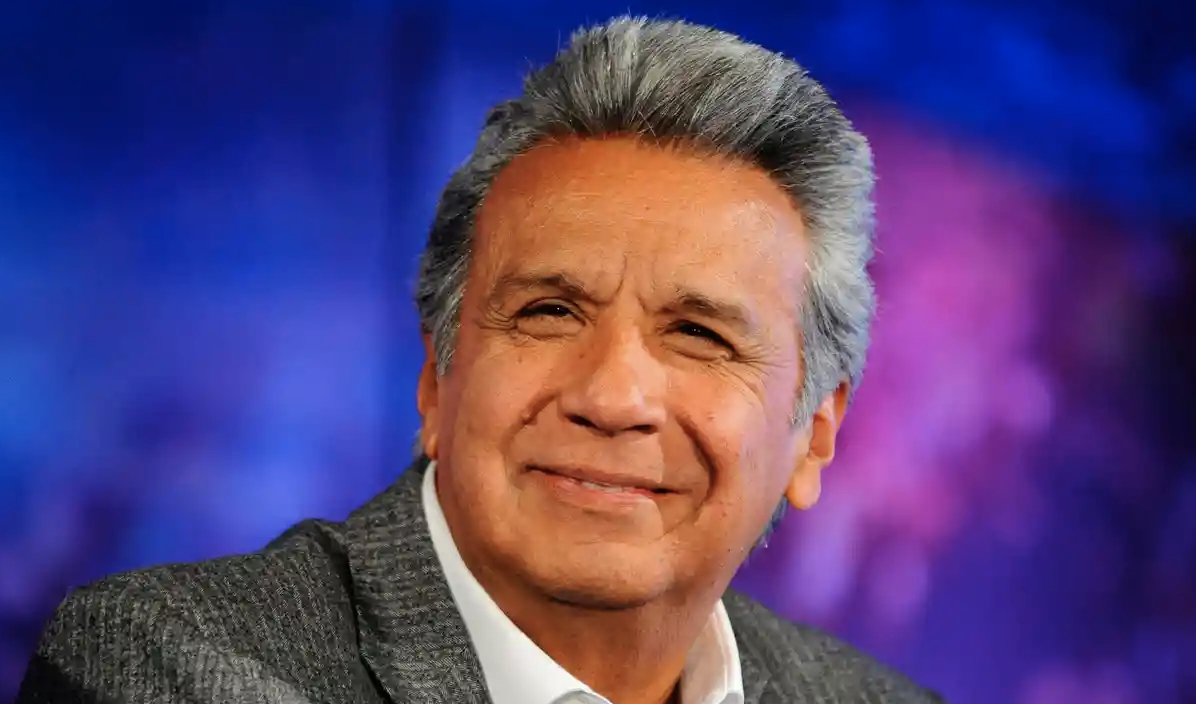Aunt Becky is digging her heels in and setting up to fight the system.
Actress Lori Loughlin and her husband, fashion designer Mossimo Giannulli both pleaded not guilty Monday in “the largest ever college admissions scandal.” Loughlin, 54, and Giannulli, 55, both said they are waiving their right to appear in court for an arraignment, according to Fox News.
Loughlin and Giannulli didn’t appear in court on Monday and both requested to waive their appearance for an arraignment. As of now, it is not known if the judge will permit the pleas without Loughlin and her husband present.
Monday’s filing means Loughlin, currently free on bail, won’t have to come back to court in Boston anytime soon unless the judge orders an in-person arraignment, according to Tom Winter of NBC News. Previously it had been reported that Loughlin was worried about what a guilty plea would do to her daughters.
“She is very concerned about what a guilty plea would do to her daughters, who may not have grasped everything that was going on. Yes, she can think about the public perception of her, but that’s nothing compared to what her daughters think of her. So that is something that has understandably made her less likely to enter a plea,” a source told People several days ago.
Loughlin seems to be the exception to what others accused in the scandal are doing, in terms of legal strategy. Just days ago, we reported that the Harvard test taking whiz who was central to the scheme, Mark Riddell, had cut a deal with prosecutors and was facing 33 to 41 months in prison. 14 other parents were also recently indicted in the scandal last week. Two weeks ago, we noted that parents charged in the scheme were seeking out “prison life consultants” to find out what life would be like in the big house.
We have been following the admissions scandal at length. As part of our coverage, we detailed how financial speaking gigs and elite high schools helped facilitate the scam for years.
We’ve also covered the fallout from the scandal, like when UCLA’s Men’s Soccer Coach and former U.S. Men’s national team player Jorge Salcedo recently resigned from his position at the university as a result of taking bribes. We also wrote about how students were being encouraged to fake learning disabilities in order to cheat on college entrance exams.
We profiled Mark Riddell for the first time in March. Prior to that, we also reported on the tipster who gave the SEC the lead on the admissions scandal.
via ZeroHedge News http://bit.ly/2v6SKZ6 Tyler Durden











